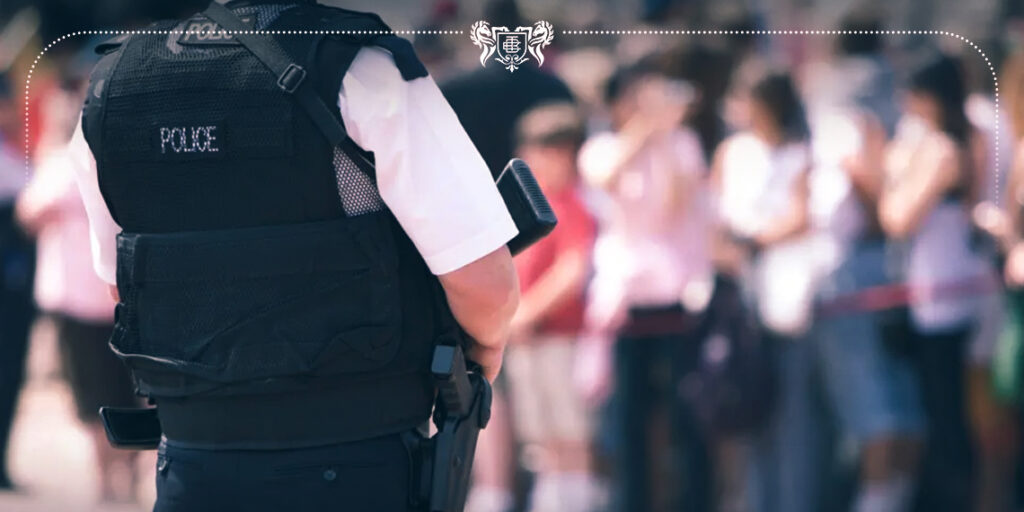The UK Home Secretary, Yvette Cooper, has introduced reforms granting anonymity to firearms officers facing trial for shootings, unless they are convicted.
This announcement follows the acquittal of police officer Martyn Blake, who was cleared of murdering Chris Kaba during a vehicle stop in Streatham, London, in September 2022.
Cooper stated that there would be a “presumption of anonymity for firearms officers subject to criminal trial,” though the Home Office clarified this would still be “subject to judicial discretion in individual cases.”
The changes come amidst longstanding concerns over police accountability, standards, and public trust in law enforcement.
The reform package aims to enhance police accountability and includes measures proposed by the previous government.
Key reforms include:
- Streamlining the Independent Office of Police Conduct’s (IOPC) process to refer cases to the Crown Prosecution Service (CPS).
- Increasing the threshold for the IOPC to refer officers to the CPS.
- Establishing a “presumption of dismissal” for officers convicted of certain criminal offenses.
Additionally, a national database will be created to record lessons from incidents involving deaths or serious injuries following police contact. This database aims to integrate findings into future police training. The reforms will also strengthen police vetting procedures and address misconduct issues.
Cooper highlighted the introduction of an “appeal mechanism” for families when decisions are made not to pursue charges.
A review, led by former judge Adrian Fulford and Tim Godwin, a former Met commissioner, will examine the standards for inquests and inquiries into deaths, including whether the criteria for unlawful killing conclusions should be raised.
“These reforms are practical steps to restore public trust, reduce delays, and uphold high standards,” Cooper stated.
James Cleverly, the Shadow Home Secretary, supported many of the government’s proposals, emphasising that firearms officers should be allowed to use their training as part of their defense in trials.
He urged caution when discussing police actions, noting, “We have seen police leadership yield to undue public pressure.”
Metropolitan Police Commissioner Sir Mark Rowley, whose force was involved in the Kaba case, praised the reforms, calling them “crucial” for addressing what he described as an “unbalanced” system that undermines both public and officer confidence. “If this imbalance continues, it could make the public less safe,” Rowley warned.
Labour MP Diane Abbott criticized the proposed anonymity, arguing it could damage police-community relations by suggesting that officers are “above the law.” Habib Kadiri, executive director of StopWatch, emphasized the need to maintain current standards for justifying fatal force.
Prime Minister Sir Keir Starmer stressed that public confidence in the police is essential, and the police must also trust the government’s support. Under existing law, firearms officers must justify the use of force as necessary to neutralize a threat, with each officer being personally accountable for their actions.
The acquittal of officer Martyn Blake has reignited debates over police accountability. The Metropolitan Police announced Blake’s immediate reinstatement following his suspension during the trial. The IOPC confirmed it would review the case findings, considering trial evidence and police input.
Sir Mark Rowley reiterated that no officer is above the law but stressed that the current system “crushes the morale of good officers, making it harder to fight crime.”
Abimbola Johnson, a barrister and member of a National Police Chiefs Council scrutiny board, cautioned against using the Kaba case to justify legislative changes, emphasizing that it was not representative of most police prosecutions.


